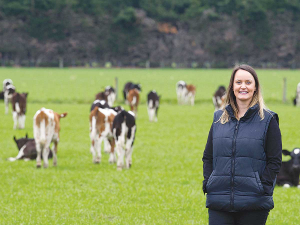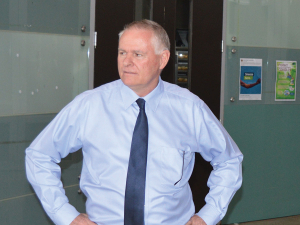A bonus for the country’s primary exports with the final figure for the end of June hitting $53.3 million – $1.1 billion more than projected.
Agriculture Minister Damien O’Connor described the result as an outstanding testament to the ongoing efforts of our farmers, growers, foresters, fishers and processors. The June quarter saw a strong finish with meat and dairy leading the charge bringing in an additional $1.1 billion to the economy.
O’Connor says the food and fibre sector continues to head New Zealand’s export-led economic recovery. He says the data also showed seafood and horticulture exports surpassing the previous year’s exports.
“Food and fibre exports made up 81.4% of New Zealand’s total exports in the year to 30 June 2022. In the two years since Covid-19 collectively, the sector has done a terrific job keeping the wheels of the economy turning.”
Meanwhile, Rabobank’s Emma Higgins says the result is certainly worth celebrating. She says it reflects the fact that in the last year, and in particular the last quarter, there has been really strong demand from our key markets – especially for sheep and beef, and also for dairy until recently.
Higgins says the demand for NZ products has seen record prices being paid for some of our primary exports. However, she warns that the situation may change in the next 12-18 months when some of the ramifications of the present geopolitical situation kick in.
Higgins adds that the effects inflation could be another factor to watch for in the future.










